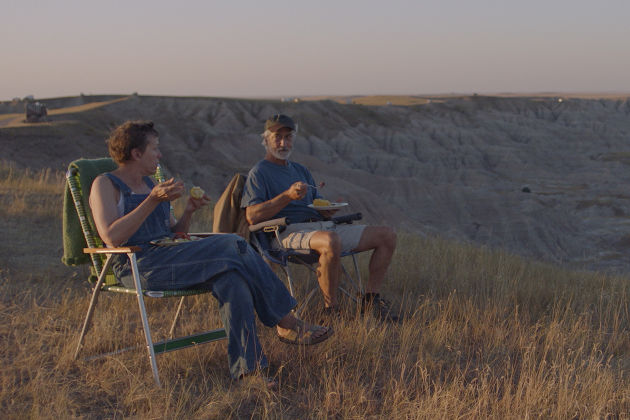Mothering Sunday is a film based on the novel of the same name by Graham Swift. I have not read the novel and for this I am glad but in its themes it is reminiscent of 'The Go-Between' and 'Atonement', two novels that I particularly like. However, Mothering Sunday finds another way into the subject matter of the loss and aftermath of the Great War; that territory where the cultural tectonic plates had shifted so cataclysmically that the inhabitants were walking on sand; ungrounded and shell-shocked beyond hope. The story deals with the idea of who tells these stories and the answer is as old as time. The outsider tells these stories because the imaginative outsider sees all the players with some degree of detachment.
In this case, the outsider is Jane Fairchild, an orphan who works in service for a Mr and Mrs Niven. Said couple have lost both their sons in the war. On a fine Mothering Sunday in 1924, Jane is given the day off whilst Mr and Mrs Niven join their friends for a picnic. Jane, played by Odessa Young, takes herself by bicycle to a nearby estate where she resumes her illicit affair with the remaining son of the Sheringham family. Paul Sheringham is played by Josh O'Connor. I worry a little for O'Connor who seems destined to be Prince Charles forever. But his performance as Sheringham required a certain amount of the young Charles so he was well-cast in this instance. Young is a fine actor whose pre-Raphaelite hair was a character of its own. I wanted to reach into the screen and stroke it. And I shouldn't think I was the only one who wanted to reach in and stroke; the nudity was at once tasteful and real, and if I were to sum up the film as a whole, that wouldn't be a bad description - tasteful BUT real. The realness was exquisite, more real than reality, it possessed a certain technicolour authenticity which felt at times like a special effect. We could see the spots on the actors' faces (and their arses), the hair on their bodies, the colour in their cheeks, the slightest lines on their faces; every nuance of expression was communicated with subtlety but illumination. There was something about the quality of the light which gave the impression of looking back on a dream but also, making that dream touchable and alive.
The story panned in and out from the personal to the broader cultural context. After their vividly rendered (but tasteful) lovemaking, Sheringham leaves and Jane has some time to occupy herself in the big house by herself. This was one of the memorable moments. Young can easily carry a scene by herself and her character's curiosity for the house and for her lover were related with such an enchanted innocence. Big houses aside, there was something of the universal post-coital experience, the return to oneself after unity which was compelling. Whilst within the house, the music by Morgan Kibby, an eerie piano refrain, built a sense of suspense, which we only understand afterwards when the dreadful event that constitutes the plot climax comes to be known. Afterwards, all that is left from this passionate encounter is a stolen orchid flower head stuffed into Jane's corset. Her time in the house with Sheringham becomes Jane's 'secret', the one truth that she chooses not to share in her future career as writer.
The whole cast was solid but Olivia Coleman deserves a special mention. Her character, Mrs Niven, carried the despair for the other lost and bereaved characters. In a film that dripped with sadness, the scene where Coleman's character breaks down felt like the emotional climax of the film. It is moving even now to think of her trembling hands covering her face after her shriek of, "They're all gone!" as the tears streamed down her cheeks.
As I left the cinema I felt completely and calmly satisfied, the subtlety and lusciousness of the story-telling should win director, Eva Husson, some awards in the future.









